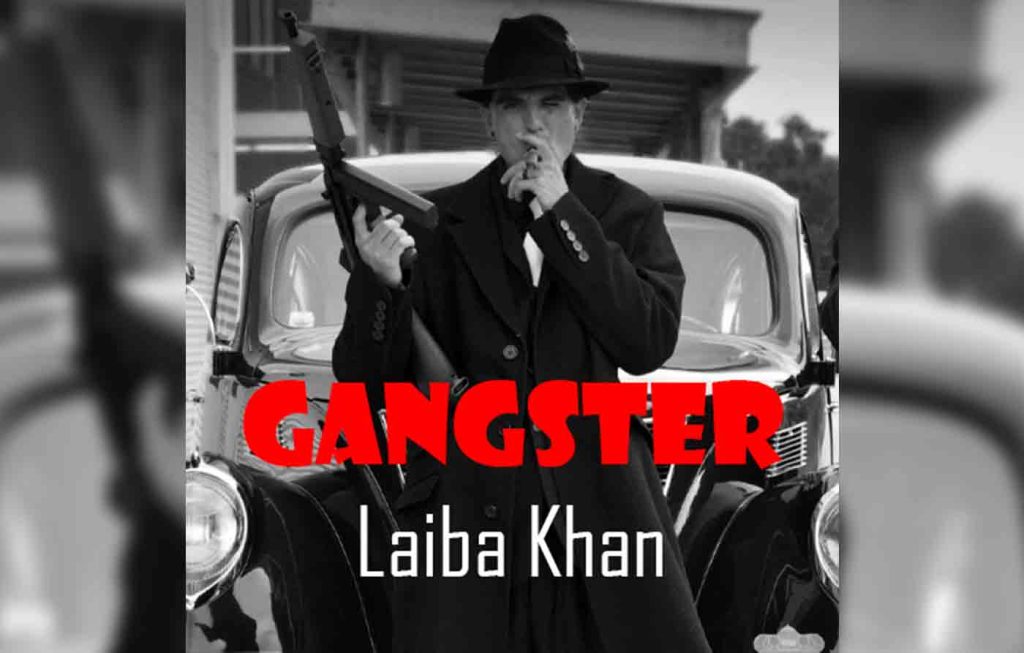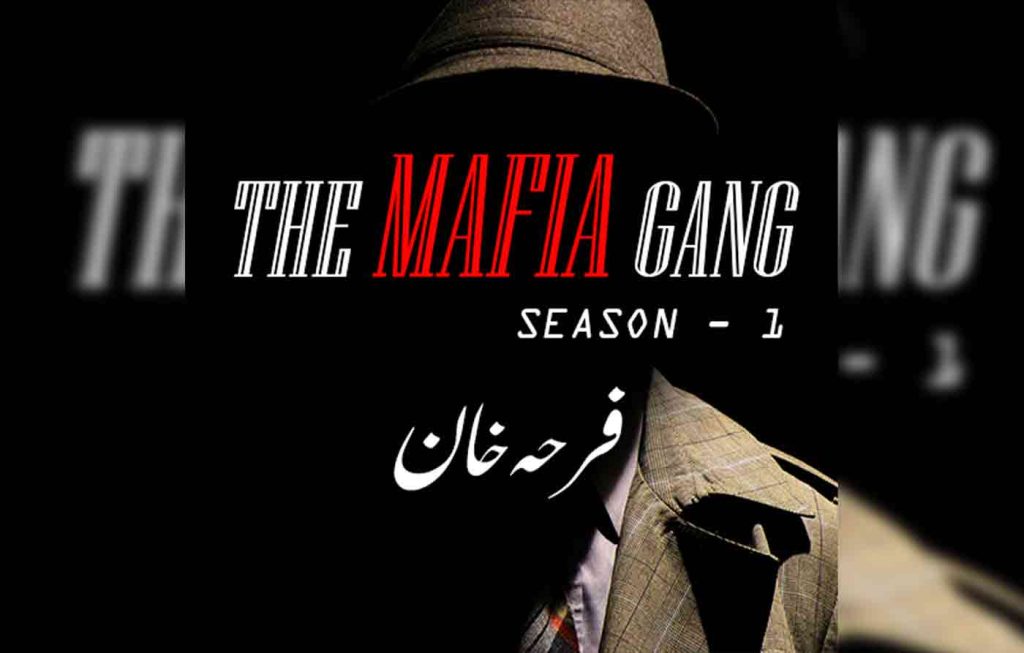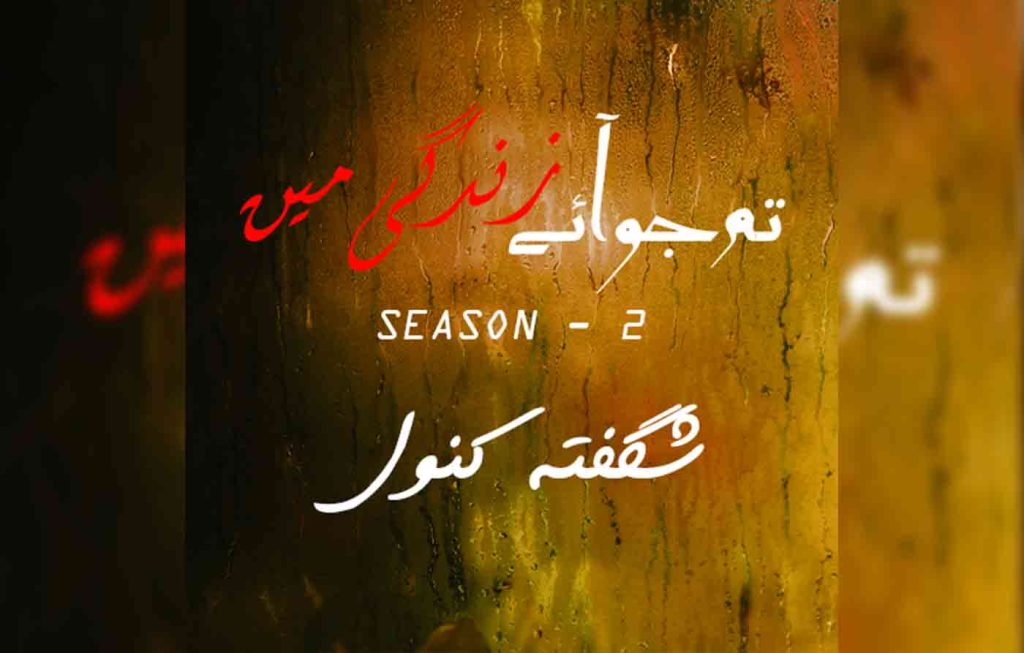
In The Shadow of Power: Deconstructing The Labyrinthine World of Gangster By Laiba Khan
Gangster, by Laiba Khan, is an interesting tale that threads together a world of underworld crime and power with intricate human emotions. The book is an in-depth journey into the life of a character-a man torn between the enchanting touch of power and a quest for personal redemption-made emotional through its powerful storyline and vividly sketched characters.
It is a dark-world story filled with rush-action in which this charismatic and feared gangster navigates the worlds of crime and power. This is one raw, unflinching novel that describes the life of a gangster through choices and their consequences that build his life. Khan’s character building is complex and multi-dimensional, shaping his actions under internal conflicts and pressure from all sides.
At the center of Gangster, however, is the motif of power and its corrupting influence. The well-calculated moves and ruthless decisions marking the rise of the protagonist in the underworld reflect so well the nature of power, which only elevates to then destroy. Laiba Khan catches this play with such clarity: how an all-out pursuit of power can lead a person to moral compromise and personal disintegration. The novel does not spare its characters from their darker sides, showing unequivocally the moral ambiguities which are inherent in their way of life.
The motif of redemption is very strong in the story, too. While getting deeper and deeper into the crime world, the protagonist found moments to reflect on his life with regret. Khan does a great job of producing such a delirious fight within the protagonist’s mind as he tries to come to terms with his actions and find some semblance of redemption. For this alone, such quest for forgiveness and self-improvement does add layers of depth in the character, making his journey more viable and appealing.
Character development is one of the hallmarks of Gangster. Laiba Khan does a great job in bringing characters into life-both vivid and believable. The complexity of the protagonist is complemented by a diverse cast of secondary characters, each one adding to the novel’s discussion on crime and power. From allies to adversaries, these characters stand for some extra dimensions in the protagonist’s life and offer multiple insights into the various facets of the world of crime and its consequences on personal relationships.
Intensity and vividness mark the writing style of Khan in Gangster. Clear, evocative prose launches the readers head-on into the grime and grit of the criminal underworld. The fast-paced nature keeps the readers going till the very end of the novel, while the graphic details and sharpness of the dialogue create a three-dimensional perspective of the story. Laiba Khan captures raw emotion, coupled with high-stakes drama present in the world of crime that adds to the effect of the novel.
Gangster has generally received critical and popular acclaim for depicting crime and power without pulling punches. A lot of people find the way this novel tackles moral ambiguity and redemption quite relevant, a very valid take on what criminality is and what freedom of choice constitutes. With its excellent storytelling by Laiba Khan and well-developed characters, this book has been praised for managing to both entertain and challenge its readers.
In conclusion, Gangster by Laiba Khan is a potent and engrossing novel that takes a deep look into crime, power, and redemption. The book goes on to offer an engaging read into the in-depth criminal underworld through an intense narrative, well-painted characters, and evocative writing. What really sets Gangster apart from most modern crime fiction is the way Laiba Khan portrays the life of the protagonist through ups and downs of power and redemption, putting the readers through a thrilling and thought-provoking experience.



















